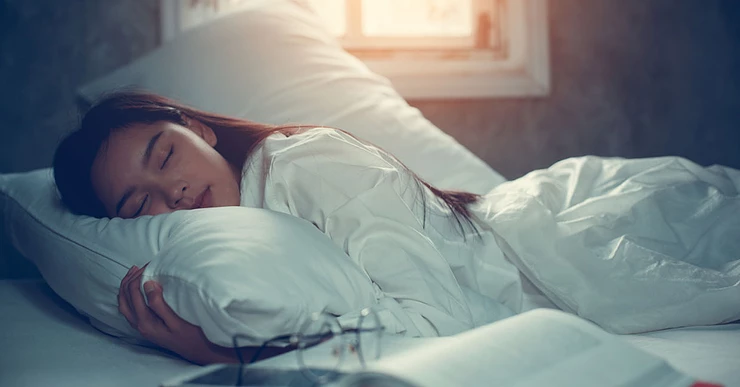The COVID-19 pandemic is stressful, a lockdown in which you can’t step out of your home, can’t hit the gym or go to a park, malls or any other activity which was a part of our daily routine, it is all being on a hold as of now. In such a situation it becomes extremely vital to keep yourself physically and mentally healthy and give a good fight to the coronavirus. Here are some tips which will help you to stay active and be productive during the lockdown days.
1. Set a routine

Waking up late because you don’t have to go to work to surfing the internet and social media late at night. The lockdown has disturbed everyone’s daily routine but is it extremely important to have a fixed timetable, decide in advance what needs to-be done and when, set daily goals for yourself, make a to do list for the day. Get your routine back, wake up early, and stick to your timetable. This will improve your productivity and keep you active all day long.
2. Take a balanced and healthy diet

Take a nutritious diet that is rich in vitamins, minerals and proteins, add fruits and vegetables. Improve your food habits, set your meal plan and stick to it, never skip on your breakfast, don’t get tempted towards junk food. You can even switch to organic foods and products like organic millets, raw honey and many more. Remember, healthy food will improve your immunity and keep you away from deceases.
3. Stay hydrated

Staying hydrated is extremely important for the overall health of the body. How much water we need depends on our age, sex, weight, height, level of physical activity and environmental conditions. Health authorities commonly recommend eight 8-ounce glasses, which equals about 2 litres, or half a gallon a day.
4. Maintain hygiene

Maintain personal hygiene such as taking bath daily, keeping your body clean, washing hands regularly, not touching your face again and again. You also need to keep up your surrounding clean, sanitise regularly, wash your clothes daily and other similar practises. Besides, you also need to practice safe food hygiene such as properly washing the fruits and vegetables before eating, wash your hands before and after preparing or eating the food, use different utensil/chopping boards for raw and cooked foods to prevent cross-contamination.
5. Move your body

Physical activity benefits both the body and the mind. WHO recommends 150 minutes of moderate-intensity or 75 minutes of vigorous-intensity physical activity per week, or a combination of both. These targets can still be achieved even at home, with no special equipment and with limited space. This can be done in the form of daily exercise, regular stretching, yoga, Zumba dance or any other form which you are comfortable with.
6. Make time for self-pampering

It is important to take out some alone time and self-pamper yourself. These days are stressful for everyone so give your body and mind the relaxation it deserves. Indulge in your favourite activities like playing games or reading books, also try to learn something new for instance you can start learning a new language or can try your hand at cooking. This will make you feel good about yourself and will definitely boost up your spirit and energy level.
7. Stay connected virtually

Stay connected with your friends over video calls, conference calls or on social media platforms, indulge in daily talks or chats for a limited time . This will keep you mentally fit and you will help to minimise anxiety issues.
8. Get information from authentic sources

There is a lot of misinformation or false statements/news surrounding COVID-19 on the internet and social media platforms. It is important to get information from reliable and trustworthy sources, such as government websites authentic apps or websites of trusted national or international organisation.
9. Get quality sleep

It is important to have a quality sleep as this can affect the physical and mental health of our body as well as reduce our immune system’s ability to fight off infections and diseases. The amount of sleep needed by the body is mainly dependent on the age, most healthy adults need between 7 to 9 hours of sleep per night to function at their best. Children and teens need even more and older people still need at least 7 hours of sleep.
